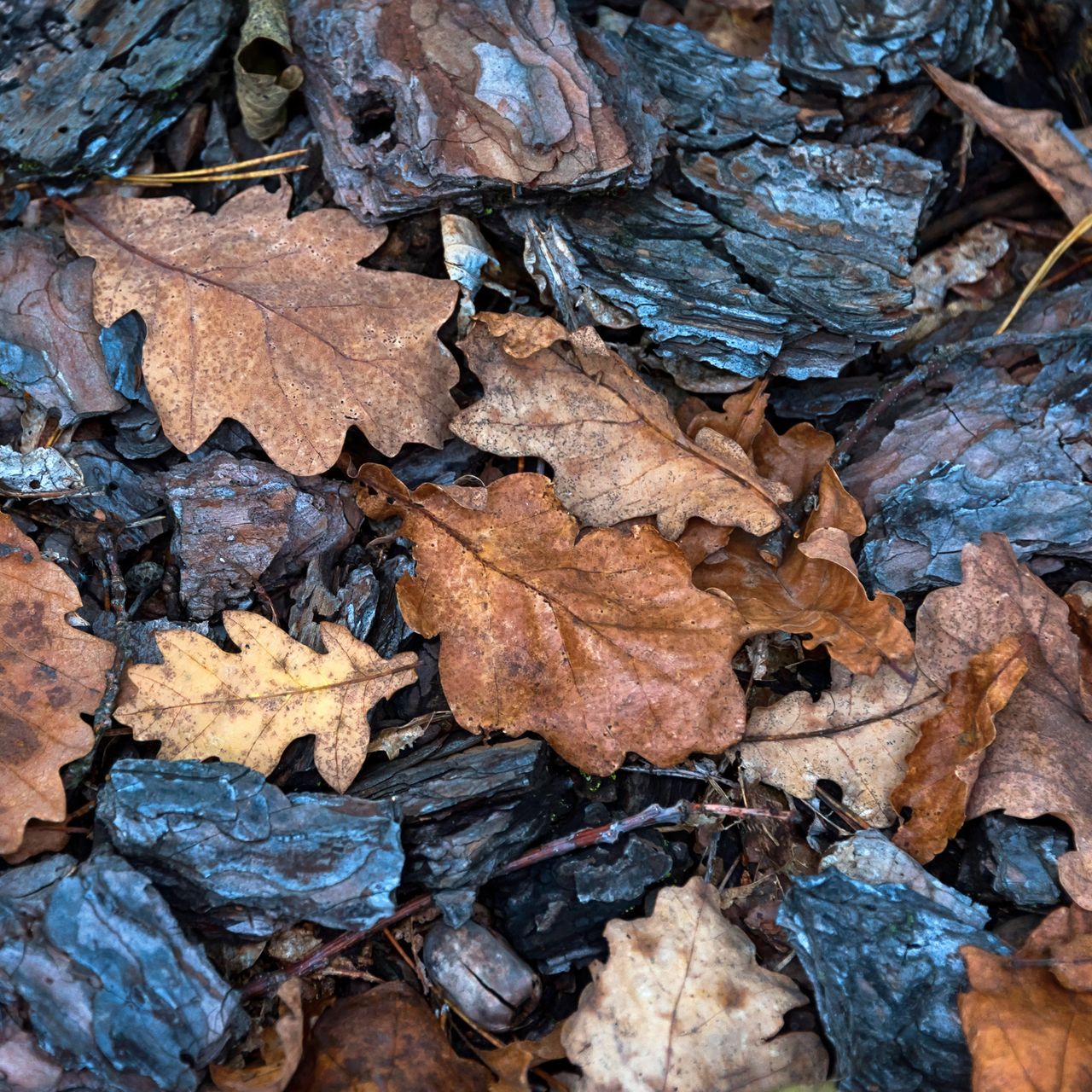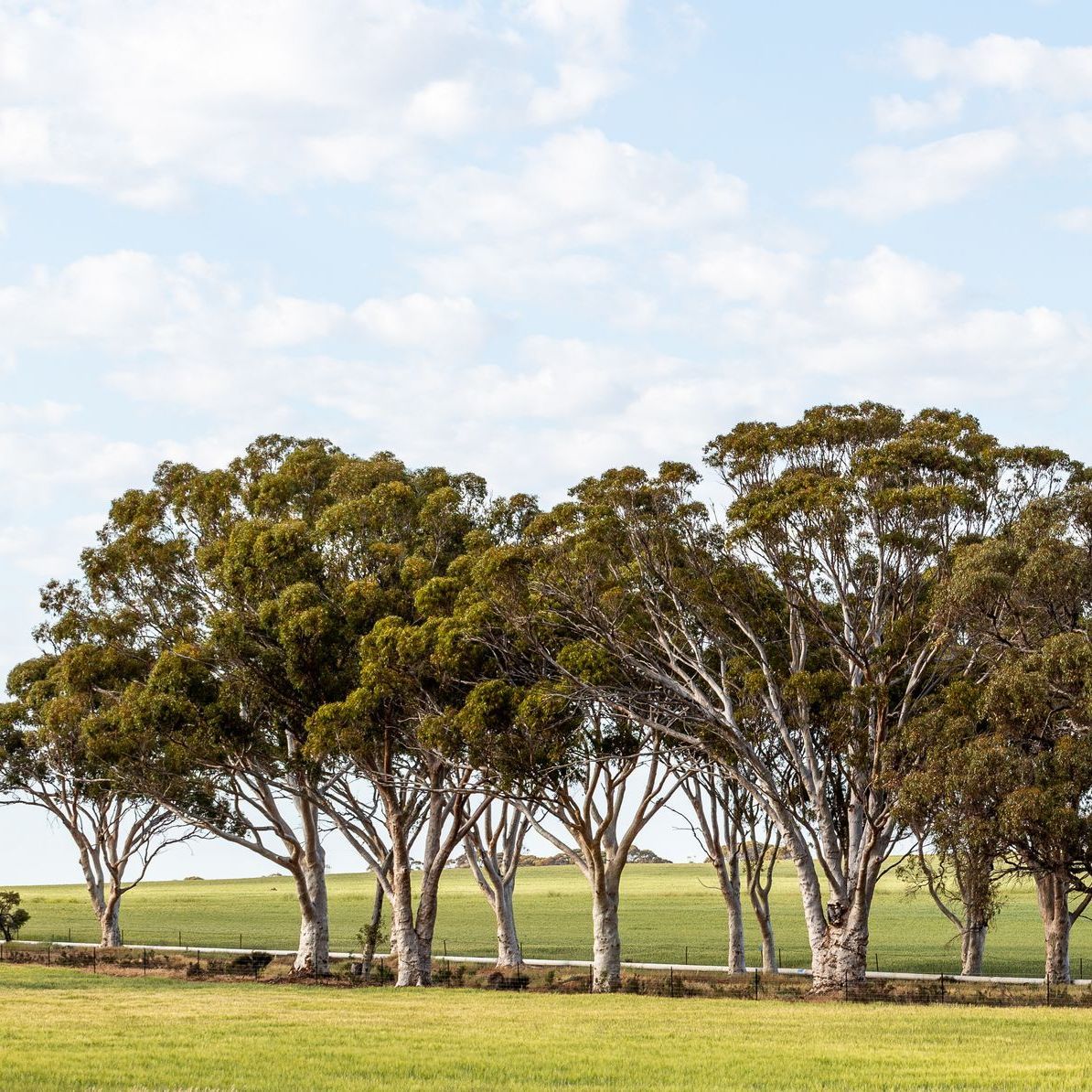The Best and Worst Trees for Mulch
Mulching is popular in Australia for many reasons. Firstly, Australia's climate can be harsh, with periods of intense heat and drought. Mulch helps to retain moisture in the soil, reducing the need for frequent watering and helping plants withstand dry spells. Additionally, mulch acts as a natural weed suppressant, preventing weeds from taking root and competing with garden plants for water and nutrients. Furthermore, mulch helps to improve soil structure and fertility over time, promoting healthy plant growth.
In this blog we explore the best and worst trees for mulch after
tree removal, empowering you to make informed decisions for your gardening needs.
Best Trees for Mulch
Oak Trees
Oak leaves and bark break down slowly, providing long-lasting mulch that improves soil structure and adds essential nutrients like potassium and calcium.
Maple Trees
Maple leaves decompose relatively quickly, releasing nutrients into the soil and creating a light, airy mulch ideal for moisture retention.

Pine Trees
Pine needles make excellent mulch for acid-loving plants, such as azaleas and rhododendrons, and their natural oils can help deter pests.
Fruit Trees
Leaves and pruned branches from fruit trees like apple, cherry, and peach provide nutrient-rich mulch that enhances soil fertility and promotes healthy growth.
Beech Trees
Beech leaves decompose slowly, creating a dense, moisture-retentive mulch that suppresses weeds and adds organic matter to the soil.
Worst Trees for Mulch
Black Walnut Trees
Black walnut leaves and hulls contain juglone, a toxic compound that can inhibit the growth of nearby plants, making them unsuitable for mulching.
Eucalyptus Trees
Eucalyptus leaves contain oils and tannins that can inhibit seed germination and plant growth, potentially harming sensitive plants.
Cedar Trees
Cedar mulch releases natural compounds that may affect soil pH and nutrient availability, making it less suitable for some garden plants.

Poison Ivy and Poison Oak
Poison Ivy and Poison Oak: Avoid using mulch from these toxic plants, as contact with the oils can cause skin irritation and allergic reactions.
Diseased Trees
Mulching with materials from diseased trees can introduce pathogens and pests into your garden, potentially spreading disease to healthy plants.
Summary
Choosing the right trees for mulch can greatly enhance the health and productivity of your garden. By selecting trees with beneficial properties and avoiding those with harmful effects, you can create a nutrient-rich mulch that supports plant growth and improves soil health. Remember to consider factors such as decomposition rate, nutrient content, and potential allelopathic effects when selecting trees for mulching, and always prioritise the well-being of your garden ecosystem.

Over 25 years ago, Bob and Ben planted the seeds of what would become one of the most popular and trusted tree service businesses in the Sutherland Shire.
Get your FREE tree lopping quote today!
Let Bob and Ben The Tree Men get to the root of all your tree problems. Contact us today to receive your personalised quote.

Over 25 years ago, Bob and Ben planted the seeds of what would become one of the most popular and trusted tree service businesses in the Sutherland Shire.
Phone: 0409 208 540
ABN: 33 604 734 590
Address: 36/3 -11 Flora St, Kirrawee NSW 2232




